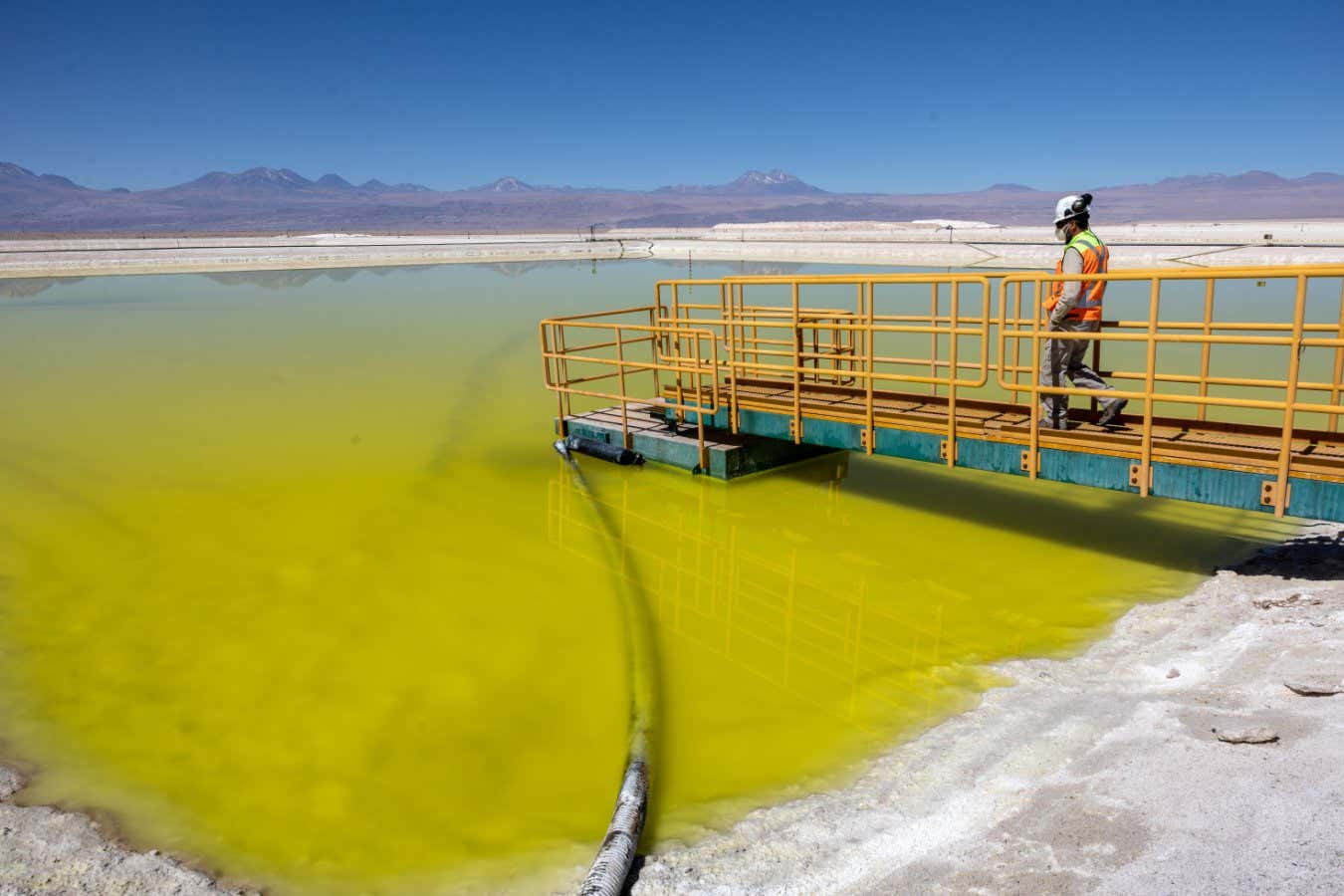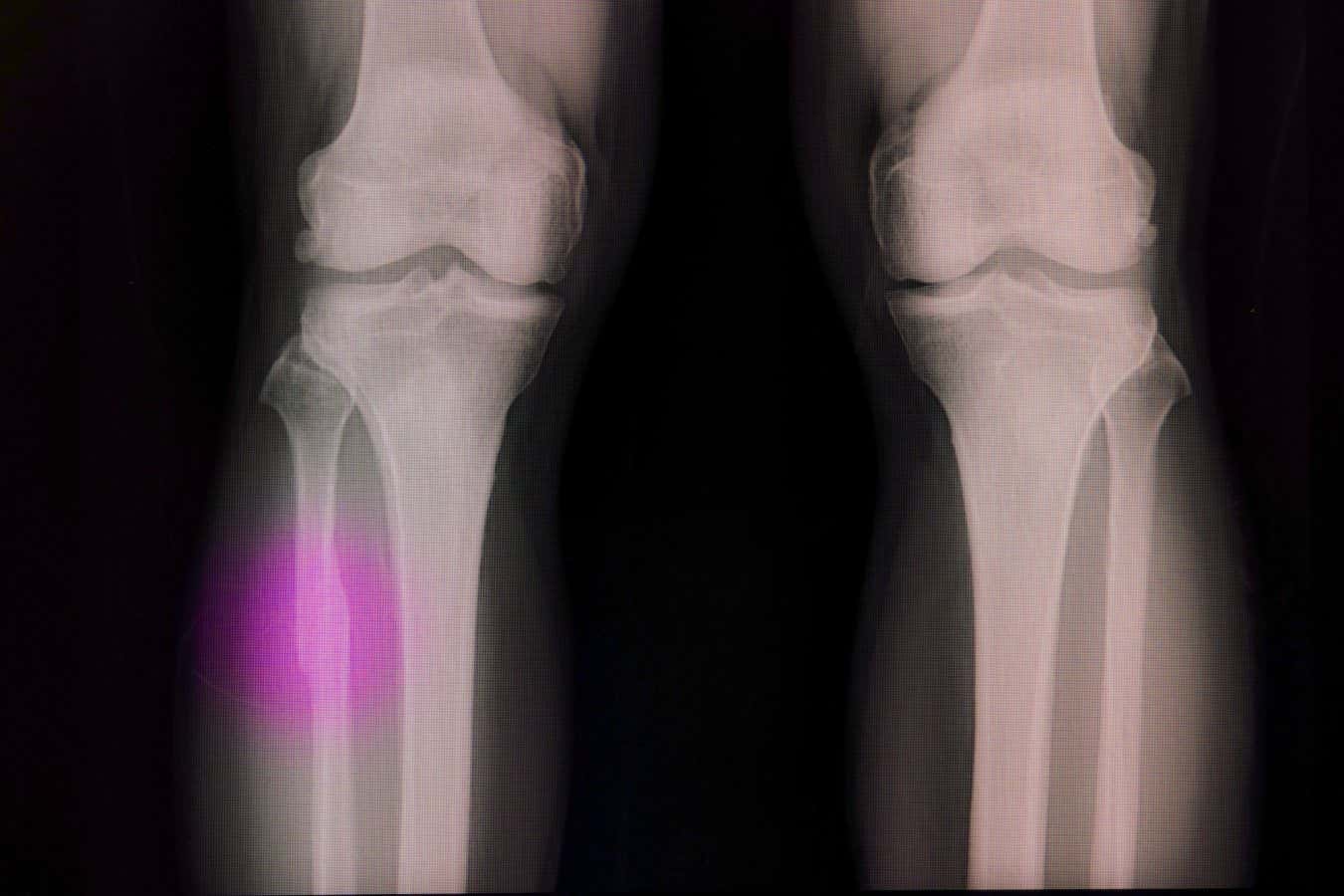Now Reading: Solar Device Revolutionizes Eco-Friendly Lithium Extraction
-
01
Solar Device Revolutionizes Eco-Friendly Lithium Extraction
Solar Device Revolutionizes Eco-Friendly Lithium Extraction

Swift Summary:
- Current lithium mining methods harm the habitat and deplete water resources, especially in areas like the Andes.
- Freshwater is required to extract lithium carbonate, and brine pumping lowers surrounding water tables.
- Researchers at Lanzhou University, China, have developed a sun-powered method using manganese oxide to extract lithium from brine or seawater sustainably.
- The process involves binding lithium ions to manganese oxide and reusing the material after acidic treatment within a closed system that also harvests freshwater.
- Tests show harvested water met WHO drinking standards; however, long-term material stability remains uncertain.
- promotes environmental sustainability by eliminating open-air evaporation and generating freshwater.
Indian Opinion Analysis:
India is heavily invested in renewable energy paths with growing demand for electric vehicles (EVs) dependent on efficient battery production. lithium extraction innovations like this coudl considerably mitigate ecological concerns associated with it’s mining-critical for India as it explores domestic deposits while importing materials. If adopted globally, such technology might stabilize supply chains without major ecological trade-offs. Challenges of scalability and material longevity should be closely monitored as thes factors will decide viability for widespread deployment.



























